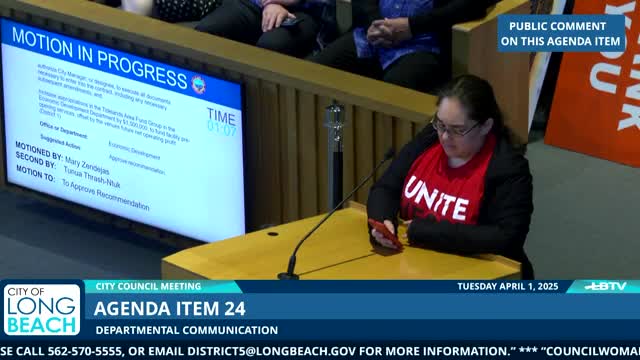Article not found
This article is no longer available. But don't worry—we've gathered other articles that discuss the same topic.
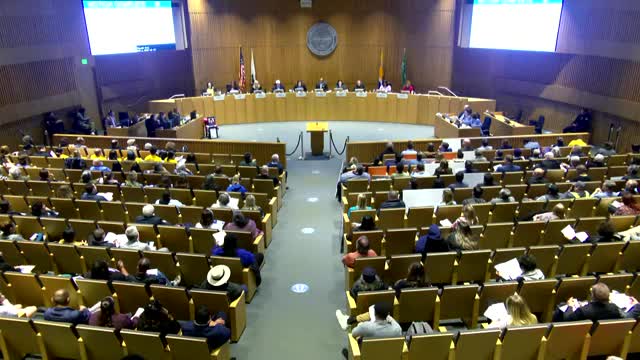
Votes at a glance: key council actions, April 1, 2025
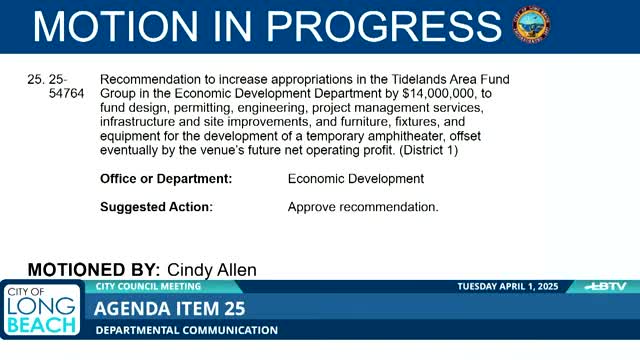
Council approves first FY2025 departmental appropriations and extends Rescue‑2 peak load unit funding
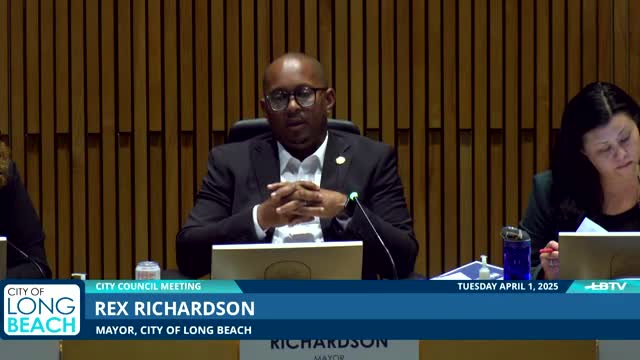
Council adopts zoning amendment expanding inclusionary housing ordinance citywide
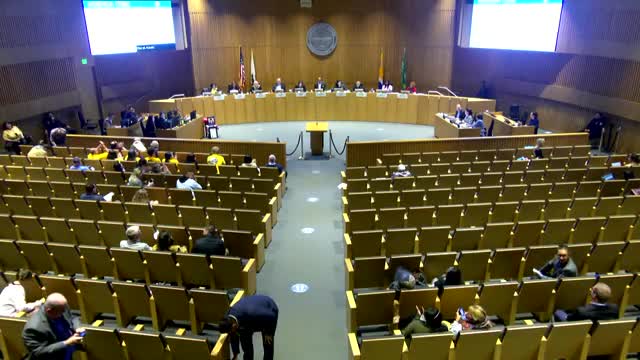
Council adopts Transgender Day of Visibility resolution; advocates ask for material actions
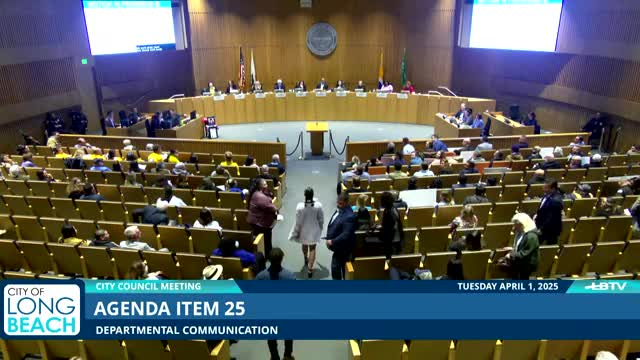
Council approves 12‑month scooter pilot on Long Beach bike path with signage and 15mph limit for scooters
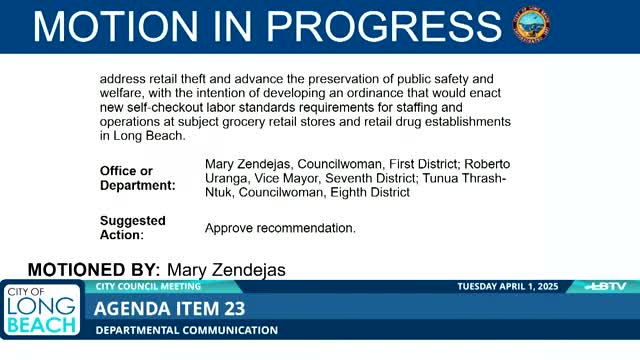
Council asks city manager to study staffing and operational standards for self‑checkout after months of worker testimony
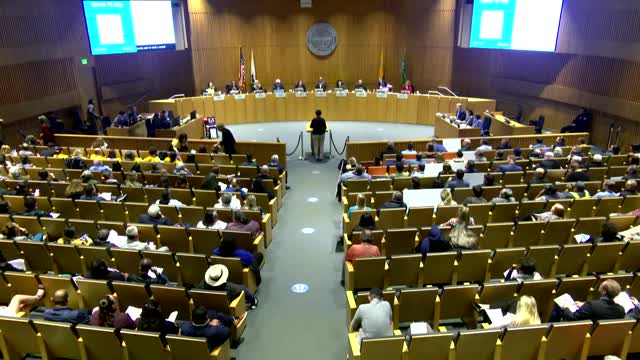
Long Beach health officials report TB outbreak response, urge screening under new state law
